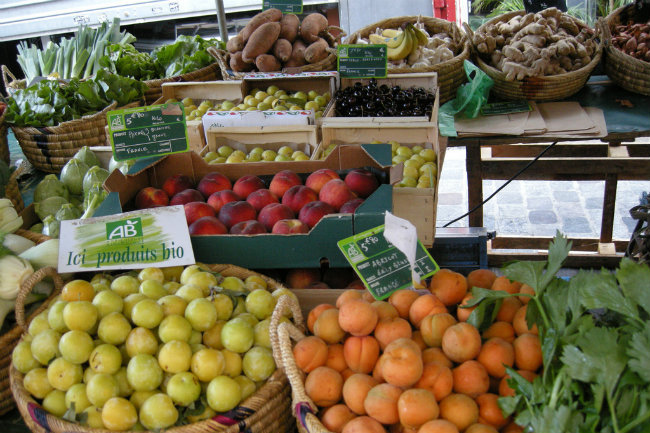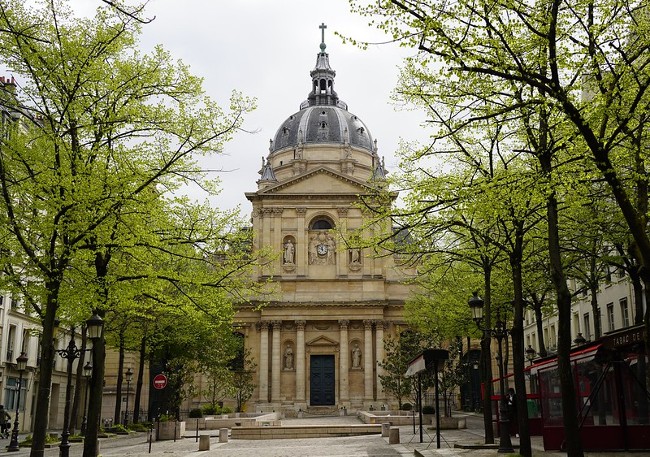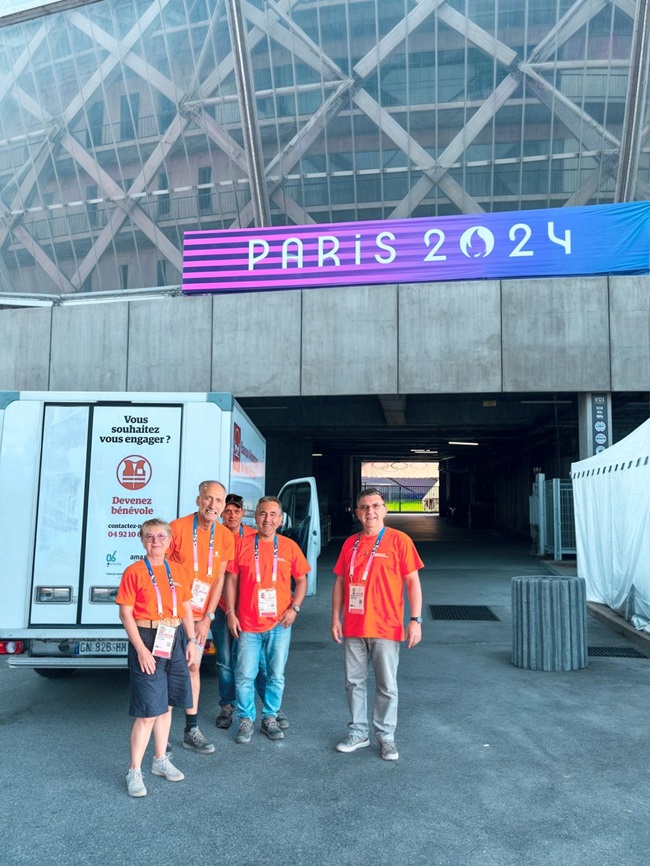Student Food Insecurity in Paris: Are Food Banks a Last Resort?
In and around France’s capital exists a deep-set issue that is not widely discussed and, for some, not known at all.
According to the Federation of General Student Associations, one in five students in France does not have enough money to eat. This figure was reported in 2024 among 7,500 students surveyed in France and continues to be as pervasive as it is alarming. What’s more, two-fifths of the surveyed students said that they work to support themselves during their studies, with 35% working more than 12 hours a week.

Marché d’Aligre street market in Paris. Photo: Nicolas Toper/Flickr
Emerging from the feedback, it was found that recipients of government scholarships were the most likely to struggle to have money to eat. Former Sorbonne student Mia Azzi told me about her experiences with food insecurity in Paris:
“As a 17-year-old Sorbonne student moving to Paris for the very first time and living on a scholarship, I spent the first three years and a half struggling with money and struggling to get food. Most of the time, I could not eat because I did not have enough money, and the scholarship that I was granted turned out to be insufficient. I would eat one time a day, or even not at all, for several days in a row. Since I could not afford a wild variety of food, I would not cook either. That would not encourage me to eat at all, knowing I would eat the same thing all over again. It was a vicious cycle.”

Place de la Sorbonne. Photo credit: TimeTravelRome/ Flickr
When students go hungry in Paris, their studies can suffer. With a tunnel vision on food, it makes it increasingly difficult to perform at university. Mia describes the emotional toll:
“I think there are many different stages of feelings and emotions since you are in survival mode. There’s obviously a lot of shame, having to go to social restaurants or struggling to gather pennies, and also fear and distress and anxiety, not knowing if you’re going to eat the next day. It was hard to feel I could lead a normal life or focus on what I was there for: my studies. I know that [this situation] made me become silent.”
This silence, however, needs to be broken. By speaking about food insecurity and the resources available to students to ensure that they are well-nourished, we can focus our attention on students’ welfare. So what are some of the food distribution services available to students in need?
Linkee – 15 rue Jean Antoine de Baïf, 13th arrondissement
This sustainability-minded organization provides 5kg food baskets, fresh meals and hygiene products to students, irrespective of whether they are scholarship-holders. Students may access the service by presenting their student card and pre-registering with [email protected].
Open Mondays and Thursdays, from 6:30 PM to 8 PM
Les Restos du cœur – 8 rue Francis de Croisset, 18th arrondissement
Founded by renowned comedian Coluche (1944-1986), Les Restos du Cœur is a well-respected organization that delivers hot meals to the homeless and those in need. It also provides food aid to students who reside in Paris, corresponding to income criteria.
This branch is open Tuesdays from 7 PM – 9 PM
At the heart of student life in Paris, La Maison Étudiante organizes and finances support schemes for students in need, including food, hygiene products, and clothing, free-of-charge.
Mia revealed that even with organizations there to help, the social stigma around restaurants solidaires can be an obstacle in itself, making the decision to go to foodbanks a complex one. Often, students may think that they don’t merit this kind of help and/or tell themselves that other people deserve these services more than they do.
“In the summer of 2022, I went to the city hall to ask for special cards that would allow me to eat at what’s called ‘restaurants solidaires,’ or non-profit canteens. I remember being very ashamed of having to go there, and I struggled to make up my mind to go. There was one time when the rain started to pour, and I arrived completely soaked from head-to-toe in front of the restaurant. I ran under a roof to protect myself from the rain before noticing a homeless old man next to me looking at me with empathy.”
This image of Mia receiving a look of solidarity from a homeless man is a testament to the difficult decision students face when seeking out and accepting help.
Mia also recalled a queue of 300 students outside another food distribution site, illustrating the heightened demand felt by food banks across France for their services, all while economic pressures mount in 2024. Fortunately, in the wake of the 2024 Olympic Games in Paris, French food banks revealed that they received surplus and unsold food to redistribute from the Fédération Française des Banques Alimentaires (FEBA). According to FEBA, 30 tons of food products were collected across the nine regions hosting the Games — after the first two weeks alone.
This surplus may mark progress for food banks across Paris, yet it remains crucial to address ongoing issues of food insecurity and available resources. A daily reality for many students. Thanks to the steadfast dedication of volunteers and the efforts of non-profit organizations throughout France, more students are being supported. Because no one should be forced to choose between their education and their next meal.
Lead photo credit : View of the Sorbonne and the district from the top of the Tour Saint Jacques. Credit: Jean-Christophe Windland / Wikimedia commons
More in Food bank, Students in Paris, university





